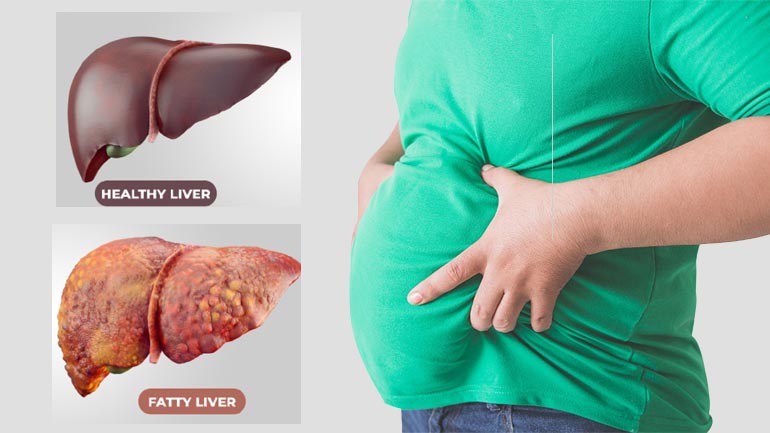
There are many health problems and complications that can accompany the ageing process, but one that isn’t really talked about a lot is dysphagia.
What is Dysphagia?
Dysphagia is the term for having difficulty swallowing, though it really describes the symptom rather than a specific medical issue, as dysphagia can be caused by quite a range of underlying issues. It can occur in people of any age, often as the result of damage to the esophagus caused by things like stroke, cancer, or cancer treatment. However, in the elderly, it is fairly common.
Symptoms of Dysphagia
The experience of having dysphagia differs depending on the cause, but it can be painful or distressing. Some people will feel like food gets stuck somewhere in their chest. People may also experience regurgitation of food and choking or gagging when they try to swallow. This is something most people experience from time to time, for instance, if they swallow a piece of food that is too large without chewing properly, but if this happens all the time, then that would be classified as dysphagia.
Causes
There are a lot of things that can cause dysphagia, because the system of muscles and nerves required for swallowing is complex, and damage to any of them can cause problems with its function. A common cause is scarring or narrowing of the lower esophagus due to stomach acid issues, but conditions causing nerve damage such as strokes are also a common cause. This type of damage is usually irreversible, meaning dysphagia is a condition that needs to be managed rather than cured, using things like the products from the Simply Thick LLC company to aid swallowing, or in some cases feeding with a tube.
Complications
As you might expect, chronic dysphagia can lead to malnutrition and weight loss, though it can also contribute to other conditions like certain forms of pneumonia, where choking can cause food to introduce unwanted bacteria into the lungs. Choking itself can also be fatal. It is therefore important that people suffering from dysphagia are enabled to eat as well as possible without these issues arising.
How to Help an Elderly Person with Dysphagia
If an elderly person in your life begins to complain about feeling like they can’t swallow properly, don’t ignore it. It may sound like a fairly common discomfort like heartburn or indigestion, but chronic dysphagia can be a very serious issue.
There are things that can make swallowing easier. For instance, old people who wear dentures may not be chewing their food properly and so attempting to swallow pieces that are too large. Changing their diet to foods that require less chewing can help, as can encouraging them to be mindful when chewing, or even replacing their dentures with better-fitting ones. For people who have trouble swallowing liquids, adding a thickening agent can help them swallow and allow them to remain hydrated.
Dysphagia is fairly common in elderly people, so make sure you understand this condition if you are caring for an elderly loved one.




